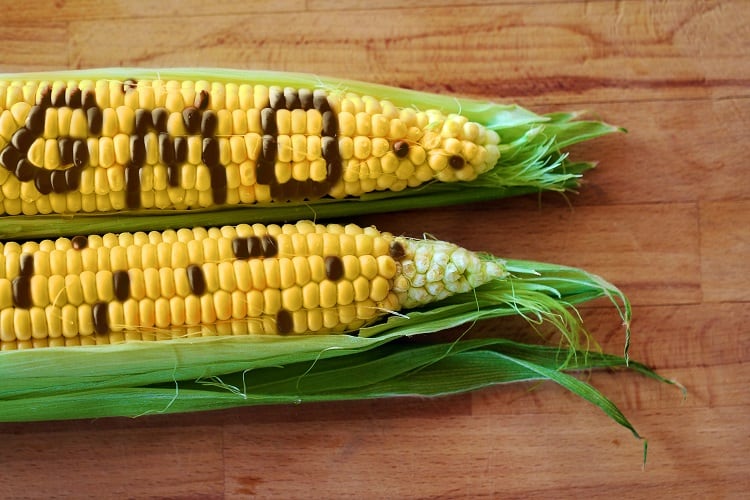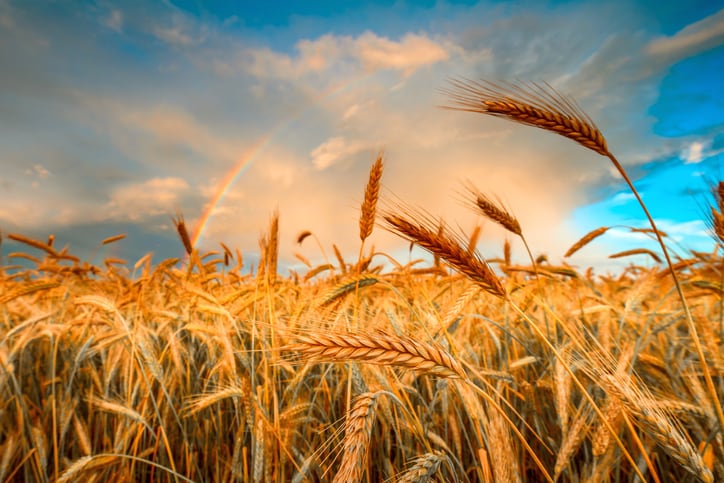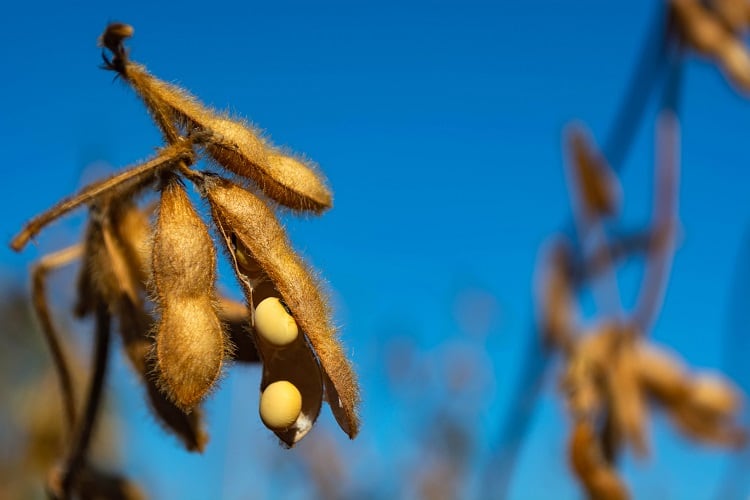A new members association representing the non-GMO food sector has set up shop in Brussels.
The European Non-GMO Industry Association (ENGA) was founded by the German Association for Food without Genetic Engineering (VLOG) and the Austrian Platform for GMO-free Food Production (ARGE Gentechnik-frei).
VLOG was established in 2010 to advocate for non-GMO food labelling, and in doing so, encourage greater GMO transparency on-pack. While VLOG’s non-GMO seal, called ‘Ohne GenTechnik’ in German, is ‘well established’ across its homeland, VLOG managing director Alexander Hissting saw potential for greater harmonisation across the bloc, he explained.
Non-GMO label ‘far from niche’
VLOG wants to ‘enable freedom of choice’ for consumers, as well as for the food and feed sectors, Hissting explained at IFOAM Organics Europe’s recent event on GMOs and Gene Editing in Agriculture.
“With our non-GMO label, we are trying to close a loophole in the EU GMO labelling legislation.”
According to EU legislation, milk, eggs and meat are not required to carry GMO labels if the animals that produced them were fed with genetically modified feed.
If a producer wants to label its food as non-GMO, non-GMO feed must be used.
“So anyone wanting to support GMO free agriculture can either buy organic or non-GMO labelled foods products,” said Hissting. “And to offer that freedom of choice is really the core of our initiative.”
For a food product to be labelled non-GMO by VLOG, it must follow a set of specific criteria: It cannot contain any GMOs or parts thereof; no vitamins, aromas, enzymes or other food additives manufactured with the help of GMOs; and no GMO plants in animal feed – with strict time limits observed if animals have at some point been reared on feed containing GMO plans.
The MD described the food label as ‘far from niche’. Rather, the Ohne GenTechnik label is ‘very well established’ in ‘large parts’ of food production in Germany.
“Today, we have 46 certification bodies that regularly control over 1000 feed companies, thousands of producers, tens of thousands of farmers, and over a dozen EU countries,” he told delegates at the event. “Around 60-70% of all milk, egg, poultry and meat production in Germany is certified according to the VLOG standard.”
VLOG estimates that in total, 40,000 food products are labelled with its non-GMO label – accounting for more than €12bn in consumer spending. “These impressive numbers make it very obvious that the non-GMO label is received very well by consumers and retailers in Germany.”
Expanding non-GMO production
While VLOG has been the ‘driving force’ behind expanding non-GMO labelling within Germany, Hissting believes more can be done beyond its borders.
“I definitely see a lot of potential in other European countries. As a matter of fact, 10 countries have explicit non-GMO labelling regulations,” said Hissting.
These include Germany, France, Switzerland, Italy, Austria, Slovenia, Czech Republic, Poland, Hungary, and Bosnia and Herzegovina. Croatia has plans to bring in regulations on non-GMO labelling. Sweden, the Netherlands, Belgium and Serbia, on the other hand, have regulations preventing non-GMO labelling.
“But the potential is not exploited very well,” VLOG’s MD continued. “If, for example, we look at France…consumers for the [most part] reject genetically modified [GM] food. National legislation has been in place enabling non-GMO labelling since 2012.
“But still, there is no association that has been founded pooling the interests of French companies dedicated to supplying GMO-free food.”
A number of non-GMO labelling platforms currently exist across the bloc. Apart from those created by VLOG and ARGE Gentechnik-frei, Donau Soja supports non-GM produced and origin-controlled soya, The Slovenian IKC Inštitut za kontrolo in certifikacijo UM certifies non-GMO food and feed in Slovenia, and in Italy, the South Tyrolean Seal of Quality is carried by non-GMO milk and milk products.
However, as VLOG’s MD pointed out: “No common seal has been established to increase recognition by consumers and no common certification standard has been established across all food segments.”
By setting up ENGO with colleagues from VLOG’s Austrian counterpart, Hissting hopes to not only represent the interests of the European non-GMO food industry, but push for ‘harmonisation of non-GMO criteria’ and ‘support countries interested in promoting non-GMO labelling’.
“I think that together we can really make non-GMO labelling happen in other European countries.”




